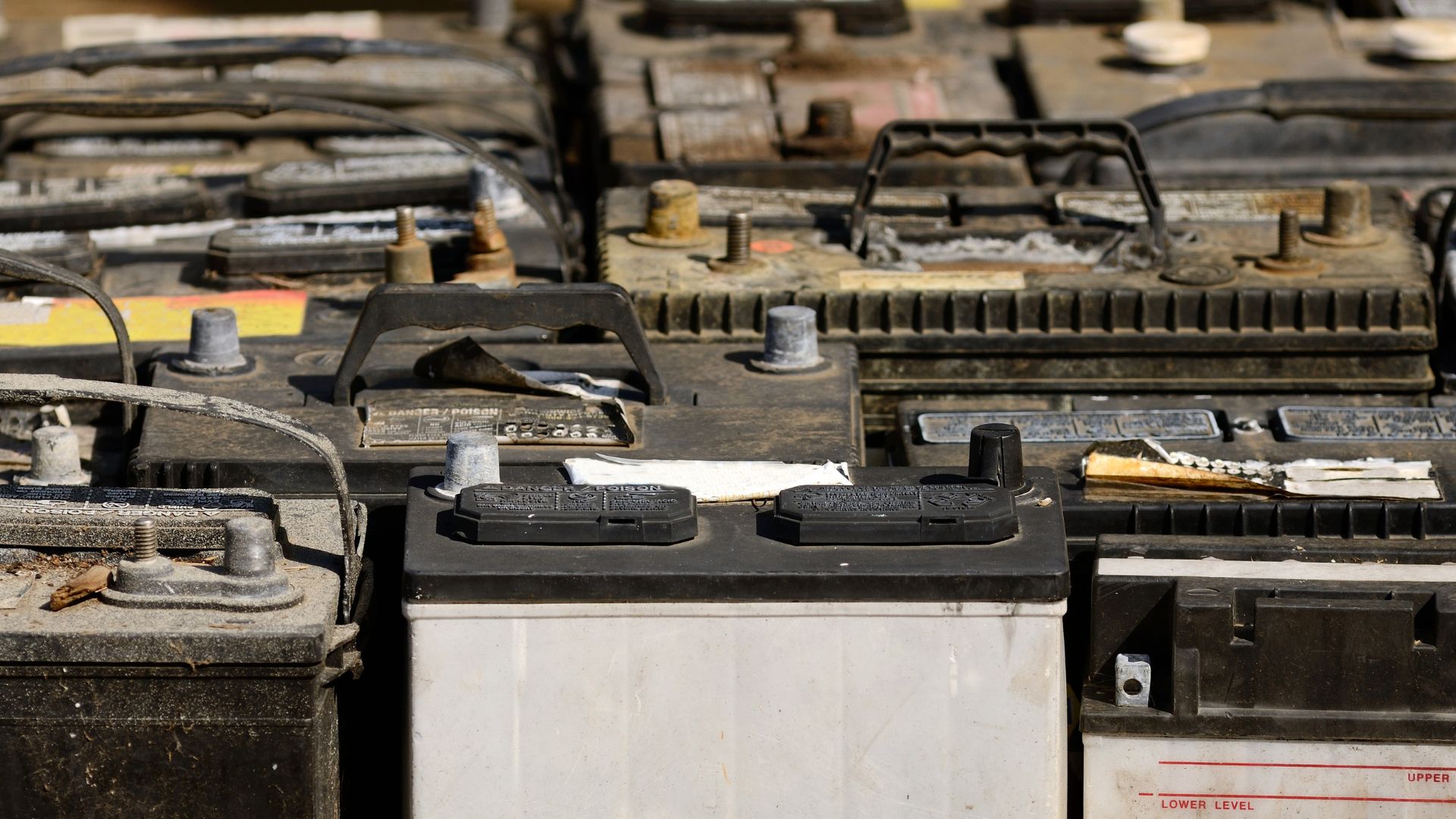New battery waste-eating bacteria offers self-sufficient recycling

Source: interestingengineering
Author: @IntEngineering
Published: 10/23/2025
To read the full content, please visit the original article.
Read original articleResearchers at Boston College have identified a bacterium, Acidithiobacillus ferrooxidans (Atf), capable of consuming materials found in spent batteries, particularly iron and stainless steel, to facilitate recycling. This bacterium thrives in acidic environments and can use battery casing materials as a food source, producing solutions effective for leaching cathode materials. Notably, Atf can grow without sulfate, a toxic additive commonly used in bacterial cultures, which could eliminate the need to transport hazardous chemicals during recycling. The discovery that stainless steel, a complex alloy commonly found in batteries, supports bacterial growth even better than pure iron was an unexpected and significant finding.
The study addresses the growing environmental and safety challenges posed by the increasing volume of battery waste and the energy-intensive nature of traditional recycling methods. By leveraging Atf’s natural abilities, the researchers aim to develop a self-sufficient, safer, and more sustainable recycling process that reduces reliance on toxic chemicals and high-energy industrial techniques. The team is currently working on evolving
Tags
battery-recyclingAcidithiobacillus-ferrooxidanssustainable-materialsenergy-efficient-recyclingbattery-waste-managementcathode-material-recoveryenvironmental-technology